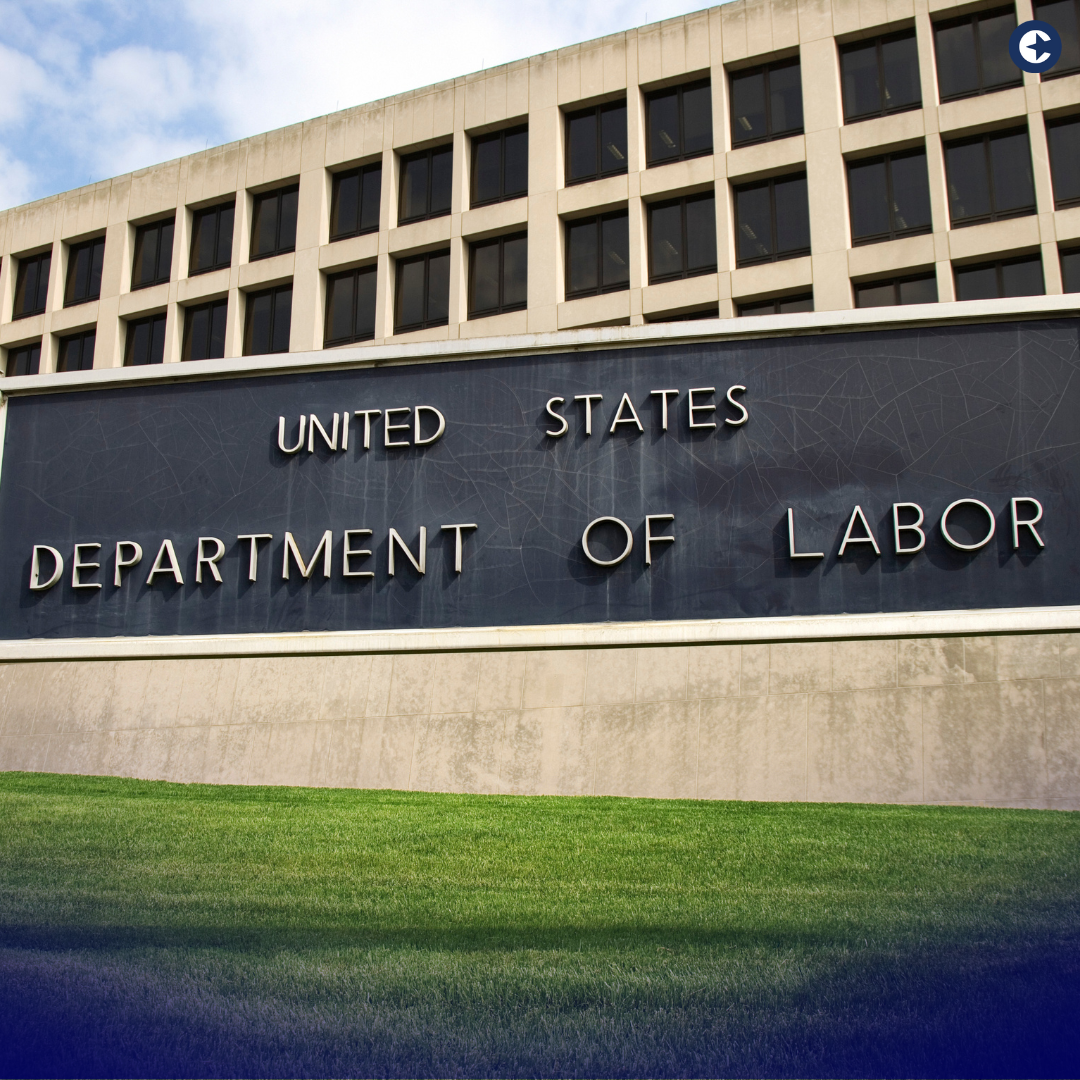Introduction: The United States Department of Labor (DOL) has recently updated its regulations under the Fair Labor Standards Act (FLSA), impacting how businesses classify employees regarding overtime and minimum wage exemptions. This new rule, effective from July 1, 2024, is set to reshape the structure of the workplace and its financial strategies.
Understanding the New Overtime Exemptions Rule: The final rule, titled “Defining and Delimiting the Exemptions for Executive, Administrative, Professional, Outside Sales, and Computer Employees,” modifies the criteria for classifying exempt employees. The changes focus primarily on updating the salary thresholds required for exemption and introducing measures that could influence how bonuses and incentives are calculated towards these thresholds.
Key Updates to the Salary Thresholds:
- Current vs. Future Thresholds: Before July 1, 2024, the salary level test requires employees to earn at least $684 per week ($35,568 annually) to qualify for exemption. From July 1, 2024, this threshold will increase to $844 per week ($43,888 annually), and by 2025, it will further rise to $1,128 per week ($58,656 annually).
- Highly Compensated Employees: The exemption criteria for highly compensated employees are also seeing significant adjustments. The required annual compensation has risen from $107,432 to $132,964, with further increases planned.
The Role of Bonuses and Incentive Payments: In a significant move, the DOL continues to allow up to ten percent of the salary threshold to be met through nondiscretionary bonuses, incentives, and commissions, provided these are paid at least annually. This flexibility is crucial for businesses that employ variable compensation models.
What Businesses Need to Do Next:
- Review Current Salaries: Assess the salaries of employees currently classified as exempt to ensure they meet the updated thresholds.
- Consider Reclassification: Determine if it is more feasible to raise salaries to meet the new thresholds or to reclassify employees as non-exempt.
- Plan for State Compliance: Remember, state laws may have stricter criteria. Businesses must comply with both federal and state regulations to avoid penalties.
- Adjust Payroll Systems: Prepare your payroll systems for these changes, especially if employees are reclassified as non-exempt, which might affect their pay frequency and overtime calculations.
Managing Implications for HR and Payroll: The adjustments to the FLSA rules require careful planning and communication. HR teams should be ready to manage not just the financial implications but also the operational and morale impacts these changes might bring. Training for managers, especially on managing overtime and understanding compensable time, will be crucial.
Conclusion: The DOL’s final rule on overtime exemptions is more than just a regulatory update—it’s a call to action for businesses to revisit their compensation strategies and ensure they are fair, compliant, and aligned with their organizational goals. As these changes roll out, staying informed and proactive will be key to navigating the complexities of employment law and maintaining a productive, satisfied workforce.



